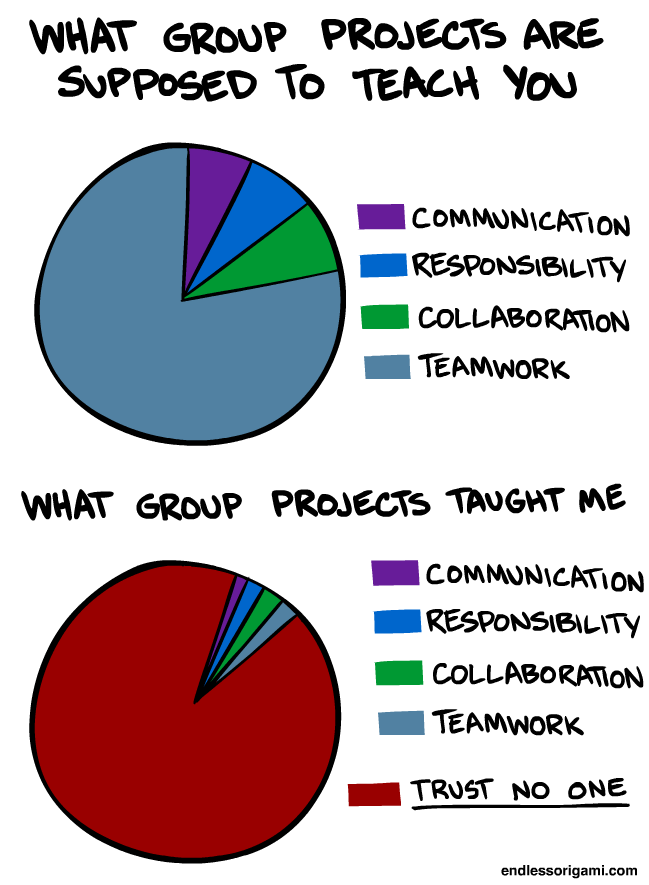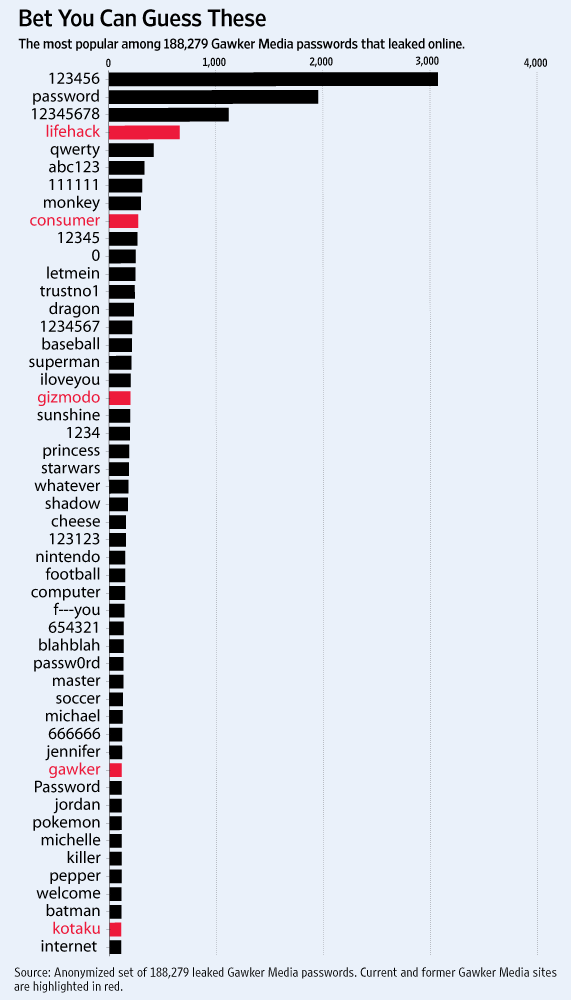Or, if not a close, at least a pause:
Given the vastness and variety of the literature, it would be incorrect to say that the Beatles story has been whitewashed, not when it includes so many get-even tell-alls and book-sized sumps of sensational gossip. But there is a quasi-official version of events, and when it is reissued periodically from the tireless Beatles public relations machine, the narrative does tend to take on the unblemished pallor of approved history. For 50 years the Beatles have been the rock group you could take home to meet Mom, and nobody close to their stupendous commercial enterprise seems eager to undo the image.
Paul, Ringo, the two widows, and what remains of the original Liverpool crowd keep the history tidy for reasons that are surely as much personal as fiduciary. Beatles Anthology, the eight-hour, supposedly definitive documentary the Beatles machine released in 1995, omitted any unpleasantness that might cast a shadow on the sunny version of the Beatles story, aside from a few inescapable anecdotes about illegal drug-taking. There was no mention of the now-legendary sybaritic excesses of Beatles tours, or the friends, wives, lovers, children, and employees betrayed or discarded on the way to the top. The sulfurous rancor that at last pulled the group apart, and which continued in punishing and pointless legal maneuvers for another generation, was mostly ignored. Even today, Paul and Ringo have stalled the rerelease of the 1970 documentary Let It Be owing to its glaring display of the group’s lassitude, self-loathing, and crisscrossing bitterness. And they’re right to keep it locked away, if the point is preserving the image of the moptops. It’s been a long time since I’ve seen Let It Be, but I don’t recall wanting to take any of those Beatles home to meet Mom.
The authorized version has been buffed in recent weeks with commemorations of the tenth anniversary of George Harrison’s death, at age 58, from cancer. There he was again, peering out from the cover of Rolling Stone, just like old times. Life magazine, always a codependent in Beatles mythmaking, disinterred itself long enough to get out a special celebratory issue. HBO aired a four-hour documentary put together by Martin Scorsese, Living in the Material World, which is also the title of a companion book of quotes and pictures released by Harrison’s widow Olivia.
The book is the size of a paving stone and as sumptuously produced as any coffee-table accessory can be. Scorsese’s movie, on the other hand, is a mess. Like too many documentaries nowadays, it lacks a single narrator, leaving the viewer helpless as the movie jumps back and forth through each stage of the Beatles story, from blitzed-out Liverpool to blissed-out Rishikesh. Anyone unfamiliar with the small but necessary roles in the dramatis personae will find himself wondering who all these people are. Where’d this Astrid woman come from, and how come Stuart Sutcliffe is dead all of a sudden — and now that you mention it, who was Stuart Sutcliffe anyway? Poor Pete Best, who he? (The answers for the uninitiated: Hamburg, Germany, where she befriended the young Beatles; a brain tumor; the Beatles’ first bass player; and . . . it’s complicated.)
Unlike most of the folks around my age, there’s almost no Beatles music in my collection (at least, by the Beatles: I’ve got Stanley Jordan’s wonderful version of Eleanor Rigby, and one or two other covers). While I wouldn’t go as far as Kathy Shaidle (“Beatles were phonier than Partridge Family, Monkees put together”), I would say that I’ve generally considered the Beatles to be over-rated.

 After Sunday’s mistake-filled outing against the Oakland Raiders, Minnesota sits at the bottom of the NFC North division with a sad 2-8 record. On top of the loss, Adrian Peterson was injured in the second quarter and did not return to the game.
After Sunday’s mistake-filled outing against the Oakland Raiders, Minnesota sits at the bottom of the NFC North division with a sad 2-8 record. On top of the loss, Adrian Peterson was injured in the second quarter and did not return to the game.




